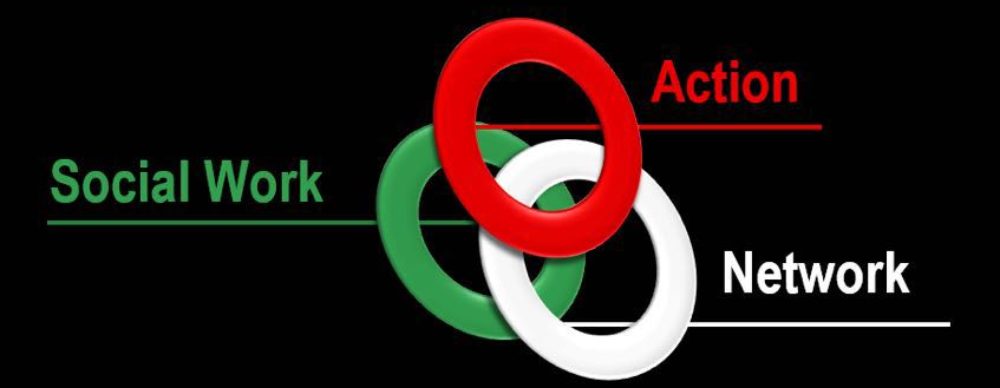Month: March 2022
Statement on the Invasion of and War in Ukraine
Social Work Action Network-International (SWAN-I):
Statement on the Invasion and War in Ukraine
Please find below a statement agreed by SWAN-I in relation to the war in Ukraine.
- As an international social work organisation, the Social Work Action Network- International (SWAN-I) stands in full solidarity with the ordinary men, women and children of Ukraine, currently experiencing the destruction of their homes and towns and growing loss of life.
- We oppose and condemn the Russian invasion of Ukraine. We call for an immediate ceasefire and for all Russian armed forces to immediately withdraw from Ukraine.
- We stand in solidarity with those in Russia who have protested against the invasion, despite police repression. We support the building of a mass anti-war movement, including among Russian troops.
- The war is a hugely dangerous development. There is a risk that the conflict may spread and escalate, drawing other countries into a growing international conflict and, in a worst case scenario, leading to the deployment of chemical or even nuclear weapons.
- This war is also a proxy conflict between Russia and NATO prompted by NATO expansion into central and Eastern Europe. We oppose this expansion and any intervention in this conflict by NATO forces. We do not see NATO or its main backer, the United States, whose invasions and wars have created carnage in Iraq, Afghanistan and elsewhere, as a force for peace and security in the world.
- The war is creating the biggest refugee crisis in Europe since World War Two with millions of people being forced to flee Ukraine. We should welcome them and demand that our governments lift bureaucratic entry conditions, including the waiving of visa requirements. That same welcome, however, should also be extended to those fleeing conflicts in Afghanistan, Iraq, Libya, the Yemen and elsewhere. The ‘correct’ ethnicity or skin colour should not be the criterion for a humanitarian response to those fleeing war, poverty and persecution. We deplore the reports of racism and discrimination being directed against Africans resident in Ukraine at the border as they were attempting to flee the war.
- Finally, we extend solidarity to our social work colleagues in both Ukraine and Russia. We are conscious of the efforts at the present time of colleagues in countries bordering Ukraine to provide practical humanitarian support to those fleeing the war and we applaud these. Social workers and their organisations in other countries also need to discuss as a matter of urgency ways in which they can use their knowledge, skills and professional experience to support refugees both from Ukraine and from other parts of the world. But we need to go further. There is a proud tradition within the social work profession of opposing war and the destruction which it brings. We need to continue, and build on, that tradition.
- Firstly, that means opposing attempts by governments, whether in Russia or in the West, to use the war to restrict freedom of speech and of the press for those who oppose the war. Secondly, we should oppose all attempts to make working-class people pay the costs of war, whether through increased prices or through cuts to health and social care services. Finally, we should oppose any escalation of the war by arguing for our trade union and professional social work organisations to take a clear stand against any such escalation which can only lead to more death and destruction and also to participate in wider anti-war movements which can unite working people in Ukraine, Russia and the West. In the words of leading American social worker Lillian Wald in a speech in 1914 on the eve of the First World War:
In its broadest conception, social work is teaching the sanctity of human life..and the doctrine of the brotherhood of man…The social workers of our time are dreaming a great dream, and seeing a great vision of democracy, of a real brotherhood among men…War is the doom of all that has taken years to build up.
